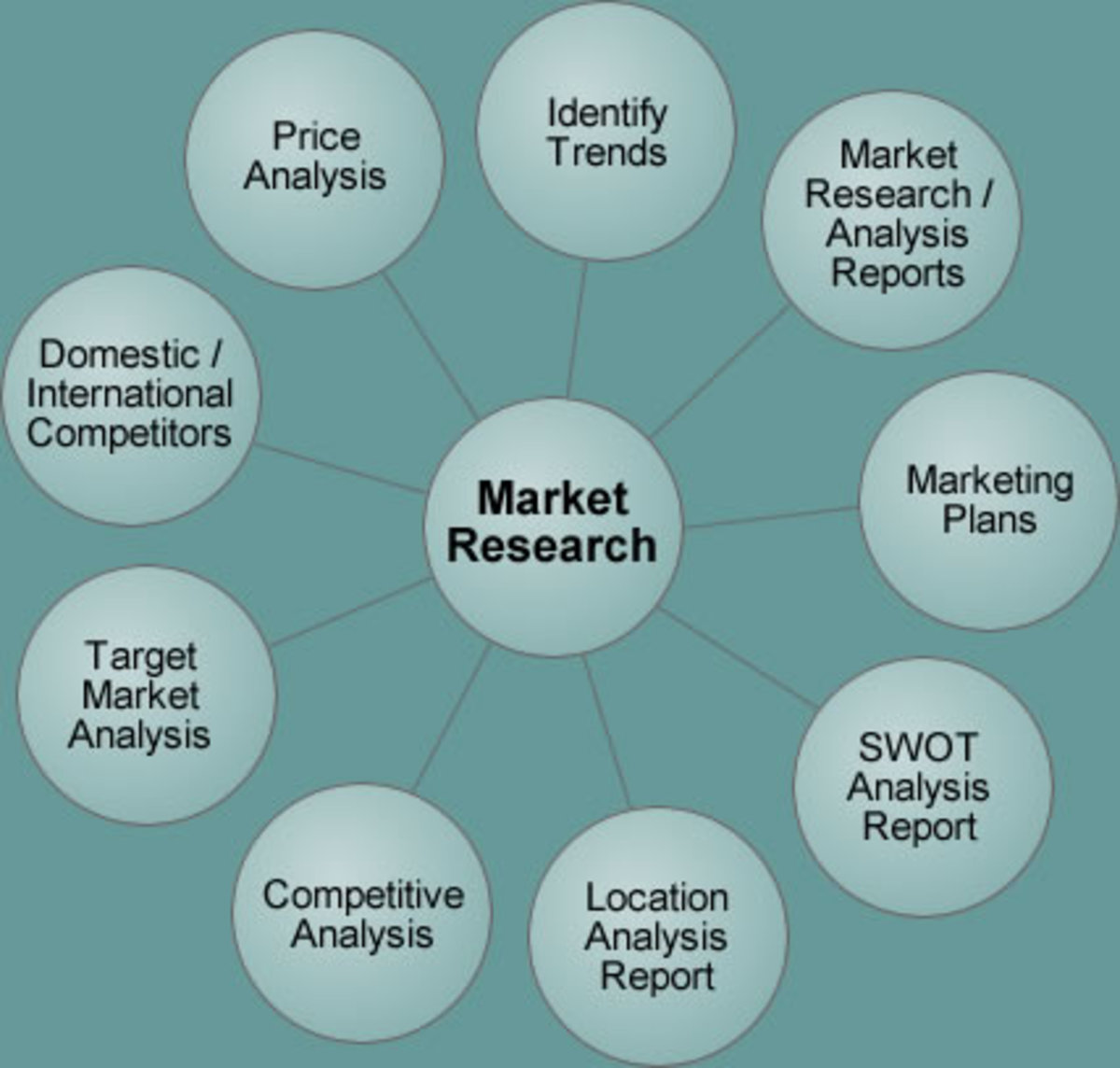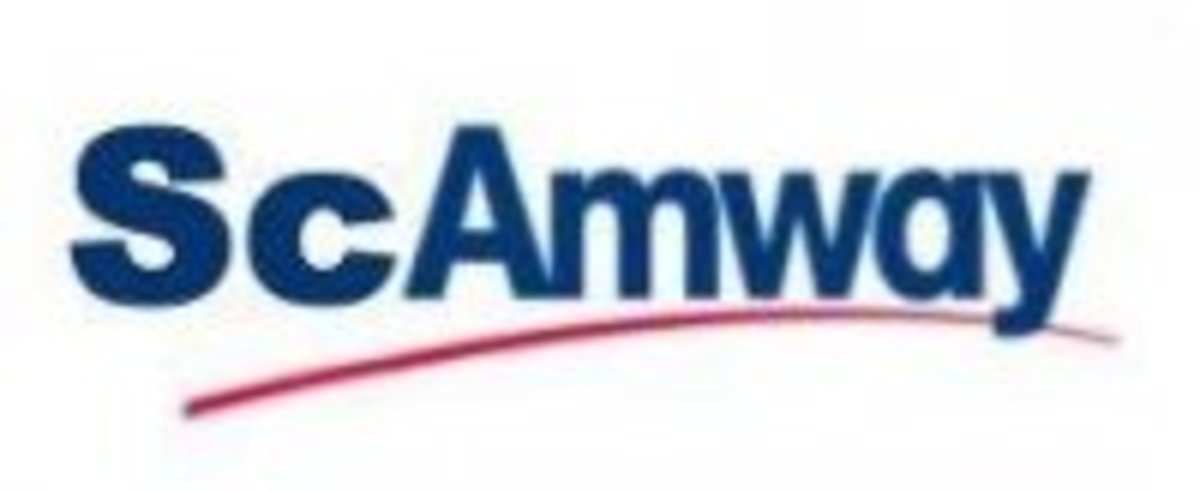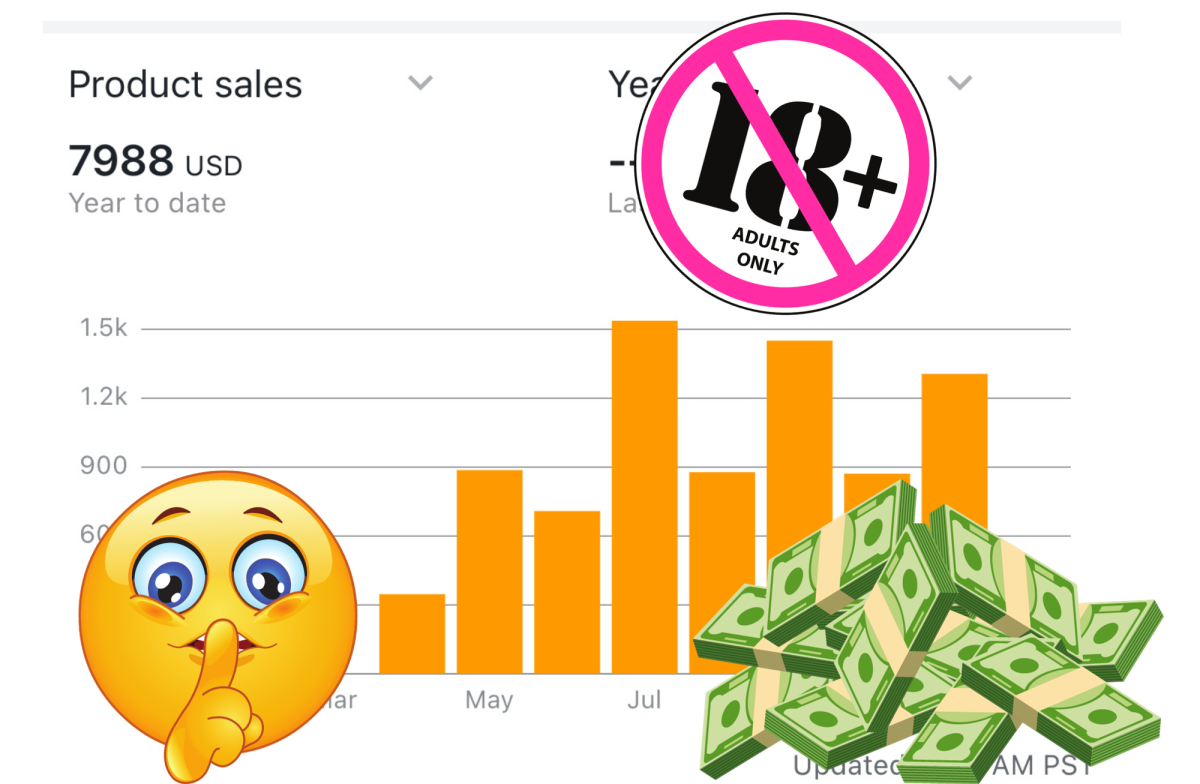How to Research ANY Business with Internet Search Engine: It Is Much Easier Than You Think
What Do You Know About This Company?
Any sort of Income opportunity is a major investment of your time and effort. Thus, you cannot rely on people trying to recruit you or a website and some advertisements. You must research the opportunity THOROUGHLY on the Internet so you don't fall for scams.
We will list the various areas you should investigate, what to search for, and how to evaluate the various things you are finding. We will list the good, the bad, and the ugly answers.
Most of these can be done over the Internet. If you have a headset, you can use the free Google long distance calls, unless it is calling out of the country. So the cost is minimal, if any. Starbucks and major bookstores like Barnes and Noble offer free Wi-Fi nowadays, so you don't even need your own Internet connection.
Keep in mind that Internet research is not foolproof. Some scams astro-turf the Internet with "supporting articles" from members who always claim how great the "opportunity" is, but with little or no evidence. The sheer amount of this "spam" overwhelms the real information available. You need to have persistence (look through 10-15 pages of Google results) to find one or two bits of information.
However, the truth will be worth the effort.

General Guidelines
Be a skeptic first. Once you are sure it is a good idea and worthy of your efforts, THEN you can be a believer.
Separate the facts from the dogma. Facts can be verified. Dogma cannot be.
Good
Facts, and lots of facts that can be verified, is always good.
Bad
Dogma, which sounds like facts, but cannot be verified, is bad. Those are just faith, belief, and opinion, not backed by facts. Business is not a religion. Don't treat it as one by trusting only in faith.
Ugly
Vague statements like "owned by a prestigious investment group" or "alliances with some of the biggest names in the travel industry" are very suspicious. If it is so prestigious, why can't it be mentioned, and thus, verified?
Statements that contradict each other on different pages is very bad. It is a sign of fraud.
Company Background
A company should list their background in full. It should include address, history, number of current members, celebrity endorsements, alliances, and so on. Verify every item using Google.
If they claim they are a company of certain country or state or province, research that government's public records. Almost all business registration databases are now accessible online, including many in foreign countries. Does the information match what they gave out?
Research the website's WHOIS domain registration records. Does it match the company's public information? Or is the website actually unofficial and registered by some third-party individual? Or worse, the website domain record is marked "private" and hidden?
Search local yellow and white pages (phone directories) online listing and see if it's listed. If the company is real and as big and prestigious as they claim, it would have a real office and real staff, and the rest of the building would have heard of them.
Call the company's local Chamber of Commerce, Better Business Bureau, and regulatory agencies that should have oversight over it. You can find those over the Internet. Keep in mind that an international company would have records in many different jurisdictions.
Special Google Trick: Use the "search for other businesses at this location" function, and see who else shares the building / address. If there is a room number in the address, search the address without the room number and see what sort of "neighbors" does this company have.
Find an exterior picture of their address. Is it the same building that you were expecting?
Call the building's receptionist or management company and see if they can give you any information. Find it on the Internet.
NOTE 1: Address by itself proves nothing, even if it is in a "prestigious" location. It is easy to rent a "virtual office" at a prestigious address
NOTE 2: Phone number and area code also means nothing. Modern telephony means you can get a number in almost an area code you want, and VOIP forwarding and mobile phones mean the phone call can be answered anywhere in the world.
NOTE 3: Google listing is NOT a source of legitimacy. Google listings are owner-maintained.
Good
Full address and pictures of the office and/or the building if they rent/own the whole building
Full list of clients and some ways to verify them.
Bad
Vague statements like "alliances with some of the biggest names in the travel business" without an actual list that can be verified
Company based in a foreign country that you barely heard of
Company that uses multiple names, some of which are similar to well known names.
Ugly
Virtual office... A single address at a "prestigious" building, but no room number yet it is obvious the place is too big, and half a dozen or more businesses at the exact same address (with no room number).
Owner and Executive Team Background
Owners and founders name and background should be easily located on the company website. If they claim accomplishments, that should be verified through third-party means. You can find almost anything on anybody on Google nowadays with name and photo. With reverse image search engines like TinEye.com, you can find people who stole other people's photo too.
Do the same for the corporate leaders. There should be some names with verifiable backgrounds. After all, you don't want rookies and no-names to be running your future, do you? Or worse, criminals and scammers?
Good
Short biographical profile, listing accomplishments of the leaders / owners of the company, as well as prior experience, that can be verified
Bad
Full name and profile, but no other information that can be found. The person is a virtual unknown online
Ugly
Generic names like "Sam Cooper", "Bill Hemmings", and so on, with no background or picture accompanying any of them.
Google News Archives
Google keeps archives of news for decades. If it's in there, it can be found if you pick the right keywords.
To access news archives, go to news.google.com (or go to main Google site and click on "news" on top) and then hit "more research tools" on the left menu, then "archives" under time periods. You can then filter for specific range, like between 2000 and now, and so on.
You want news about the company issued by legitimate news sources: newspapers, television stations, and official news blogs. Google News only archives legitimate news stories and press releases, so it is one filter against spam.
This gets tricky if company is international, as it may have a different foreign name, or different spelling, or if the name is similar to some existing companies. Even worse, the company you are investigating may be known by multiple names.
NOTE 1: Ignore any press release websites. Press releases are not checked for accuracy or legitimacy. Any one with a little money can issue a press-release. Press release websites usually have PR or "newswire" in their URL, and will usually say PRESS RELEASE somewhere in the article itself.
NOTE 2: You can ignore press-release type stories, like "So and So's Convention in town is attracting large crowds..." though some of those may contain more interesting tidbits. In one example, a certain international scam's Indonesia "leader" told reporter the company "is not multi-level", even though the company itself, on its own website, says it *is* multi-level. That tells you that their own reps are willing to lie to reporters and/or go against company line.
Good
Legitimate media covered the opportunity and found no major problems with it.
Bad
You can only find press-releases by members, or press-release type stories by some minor news outlets, with no real information about the company at all.
Ugly
The company is being investigated for scam or other fraudulent conducts, and/or its participants had been arrested for such conducts, doesn't matter which country.
Product and Market
What is the product of this comapny? What are the competitors? This would require your to ask yourself some questions.
How is the product different enough, unique enough, and so on? What competitive advantage does it have? How about the competitors? Come on, be honest. Study your competitors.
What disadvantages does it have? How about the competitors?
What do people say about the product? Don't believe everything you read though. They can be posted by shills, or have fineprint that was not mentioned in the article and you don't find out after you join up.
How big do you estimate the market to be? Be realistic. Do YOU believe in the product? Would YOU buy it?
Good
There appears to be a good demand for the product both online and off. Your informal poll of your friends seem to bear this out.
Bad
The product is so niche, you're not even sure who will actually buy it.
Ugly
The company isn't even sure what product it offers, or worse, the company actually offers NO product sold to outside consumers.
Compensation Plan
A "matrix" is just a pyramid by some other name. a 2x3 matrix is same as a 1-2-4-8 pyramid.
Skip the fancy language, like "follow-me" matrix or "jump-ahead rules" or such. You want to know the fundamentals... do you make money by SALES, or recruiting?
Earning by recruiting is ILLEGAL. That is a pyramid scheme. it doesn't matter if there are some "products" involved, esp. if you are not required to sell any! Furthermore, a pyramid can be made to look smaller by dividing it into two separate pyramids. An 8-level pyramid can be make to look much smaller by separating it into 2 2x3 matrices, where you 'cycle out' of one into the other. Higher "levels" based on recruitment, not sales, is also illegal!
Compare the official compensation plan against what's said on other websites, or in presentations and so on. Do they differ? Why? Was the offer revised? Which version is correct? Why are the old versions still out there?
Good
Very clear and easy to understand compensation plan
Most commission is sales based, and only a small percentage on recruiting
Bad
Vague and hard to follow compensation plan with a lot of exceptions, odd rules, and so on
Several versions of undated compensation plan available, but changelog is available
Ugly
No sales to outside consumers, all sales are to members, which is really recruiting. Very obvious pyramid scheme.
Outrageous claims, like "share to infinity"
Compensation plan has been revised with no changelog, changed things without telling anybody
Expert Opinion
What do experts on the subject say about such opportunity? in general, there are two types of experts... proponents, and critics. They both would have their own websites. There are also often industry associations of this particular industry that you can check. Consider that a proponent.
Keep in mind that lack of legal charges against the company proves nothing. it is a logical fallacy called "appeal to ignorance". Government cases against a company may not be filed until the scam is well established, 12 to 24 months later.
Good
The critics have nothing really bad to say except general objections, the proponents say there's nothing wrong with the structure
Bad
The critics have scathing reports on the opportunity, proponents have nothing much to say
Ugly
Even the proponents agree it is probably a scam based on their own definitions, and the critics are outright calling it a scam.
Positive Reviews
Are the people being positive basing their optimism on actual FACTS, or just dogma and faith (i.e. "my upline said so")?
Are they using logical fallacies such as "I made $$$ so it is not scam"?
How are the positive people responding to challenge or criticism? Do they respond with the pseudo-science tactics like "You don't understand us", "you are a part of the conspiracy", and such? Or do they actually acknowledge the points critics make with verifiable facts and conceding some points? (i.e. honest discussions?)
Good
Proponents are basing their opinions on facts, and accepts challenges to their viewpoints with more facts and refined data
Bad
Proponents do not defend their faith against challenges, but simply repeats "you don't understand us", and repeats a recruiting speech "everything's wonderful, join us!"
Ugly
The proponents are relying on dogma and faith, and has absolutely NO facts and logic to back up their viewpoint. When challenged, they turn to logical fallacies and dogma to "defend" their faith, and follows up with ad hominem (personal) attacks and conspiracy charges.
Negative Reviews
Research online registries of complaints, such as Better Business Bureau (BBB), Complaints.com, Scams.com, and so on. Note the complaints and the responses.
Are the people being negative basing their negativism on facts, or just "sour grapes"? You learn more from the negatives as people are usually honest about their failures if they are willing to post them online.
How are the proponents responding to the negative reviews? Do they ridicule the critics? Blame the critics on a "conspiracy"? Do they offer solutions or responses to criticisms at all?
Good
Negative reviews are personal attacks on upline and fellow team members, indicating more of a personality conflict than systemic problem
Proponent responses are relevant to the problem, acknowledge they exist, and suggest reasonable resolutions
Bad
Negative review indicate confusion about the system, which may be valid or not
Responses are "did not happen to me", "you must be doing it wrong", and generally not helpful at all
Ugly
Complaints are detailed and documents clear ethical, procedural, and lawful problems that is endemic to the system, not just the participants
Responses from proponents are personal attacks, blame on "conspiracy" or rival MLM, flat out denial "it did not happen / cannot happen" with no proof, or worst, call to "ignore all criticisms"
Conclusion
Remember you are a skeptic BEFORE you join. You must remain objective, and not be swayed by the initial marketing pitch. Once you are absolutely sure it is a good idea to join, THEN you can go "all in".
Any company that do not deal with truth, and allow its members to spread half lies and full lies cannot be trusted.
More MLM Wisdom
- 11 Reasons People Say 'No' to MLM
Multi-Level Marketing (MLM) is becoming a booming industry. Companies with top of the line products are using this form of marketing to take the internet and home business opportunity markets by storm. ... - 9 signs your MLM Opportunity is actually a scam (Hin...
Multi-level Marketing (MLM) is hardly new, but it is one of the least-regulated type of business, as it is one of the youngest. Basically, instead of just selling, there is a bit of recruiting as well, and...








